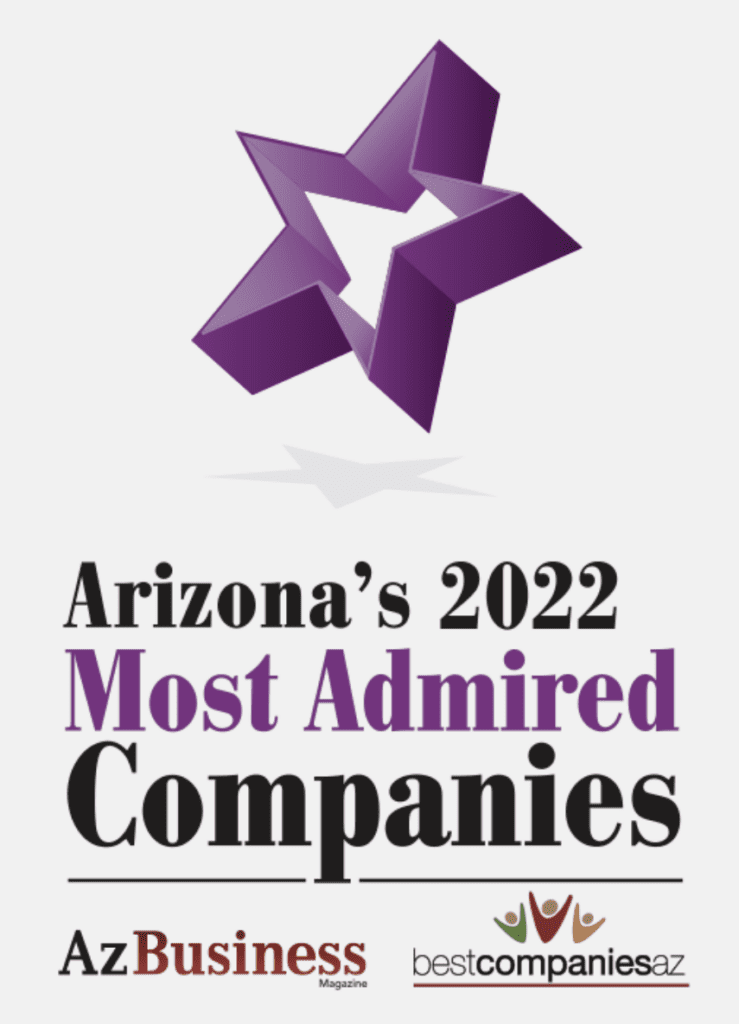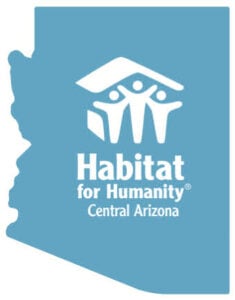No matter how you prepare, you may find yourself tripping over interpersonal interview questions, like “Are you a team player?”
A simple “yes” won’t cut it. Most hiring managers expect you to elaborate and explain how you think you’re a team player with previous experience.
Hiring managers are looking for a specific answer, and it is your job to interpret the question and respond accordingly.
To give you ideas on how to answer ‘team player’ questions best, we’ve compiled several sample questions and answers below.
Are You a Team Player: 3 Example Questions and Answers
1. Do you find it easy to get along with others?
What an interviewer is looking for:
Your interviewer wants to know your perspective as a team member. How confident are you working with others? Your answer should focus on examples that illustrate you successfully collaborating with others.
Example answer:
I thrive when working in a collaborative environment and enjoy learning more about how my coworkers work. In my experience, active listening has played an important role in elevating the success of a team’s effort.
When working on a project at my previous job, there was a time when two team members couldn’t get on the same page as each other. To lend a hand, I asked each of them to share the point they were trying to get across. By carefully listening to both perspectives, I provided a middle-ground to their dilemma that everyone on the team was happy with.
Why this answer works:
This response works two-fold. It answers the overarching questions, and there is an example that exemplifies your ability to work in a team. Additionally, this example allows the job seeker to expand on other valuable skills—in this case, active listening and communication skills.
2. Are you able to intercede when conflict arises in the workplace?
What your interviewer is looking for:
While we try to avoid it, work conflict can come up, especially when working on a team. Your interviewer wants to know how you perceive conflict, and the skills to manage it. The ideal candidate finds a way to deal with it peacefully, so the team’s work doesn’t suffer.
Example answer:
Understanding that conflict can happen for several reasons is what helps me find a peaceful resolution.
When I first started at a previous job, there was a time when a coworker had asked me to complete a task. At the time, I had misunderstood their instructions. So, I completed the task, but it didn’t meet my coworker’s expectations.
The following week, my coworker confronted me and asked why I ignored their instructions. Realizing I had misunderstood what was asked of me, I explained this to my coworker and apologized for the misunderstanding. Afterward, my coworker and I worked together to create a process to ensure we got the results we wanted.
Why this answer works:
Misunderstandings are natural; how you respond to them can help or hurt a situation. In this example, a scenario is presented where confrontation occurred between two employees. The job seeker resolved the conflict with a level-head and collaborated to find a solution, which are both valuable skills in a team setting.
3. Do you prefer working alone or with others?
What your interviewer is looking for:
This is another form of the initial question: “Are you a team player?” Your interviewer wants to know your feelings about working in teams. Their ideal candidate is likely someone who can work efficiently alone and on a team.
Example answer:
I am open to collaborating with my coworkers on a project. One recent project I completed had several parts that my coworkers and I had initially worked on separately.
When we came together to share our parts, though, I realized that we each had a different understanding of our project’s direction. So, I proposed we have a team brainstorm session.
During our session, my teammates and I drew out each other’s creativity without losing track of our project’s purpose. In the end, we created something that we all felt proud of.
Why this answer works:
There are times where you need to take ownership and operate without the guidance of a team. This example response communicates that the job seeker can work individually. Additionally, this example shows that the job seeker can take charge and be a team leader.
Looking to make a career change? BestCompaniesAZ is here to help!
Check out some of the best companies in AZ and find a career that fits you.




















